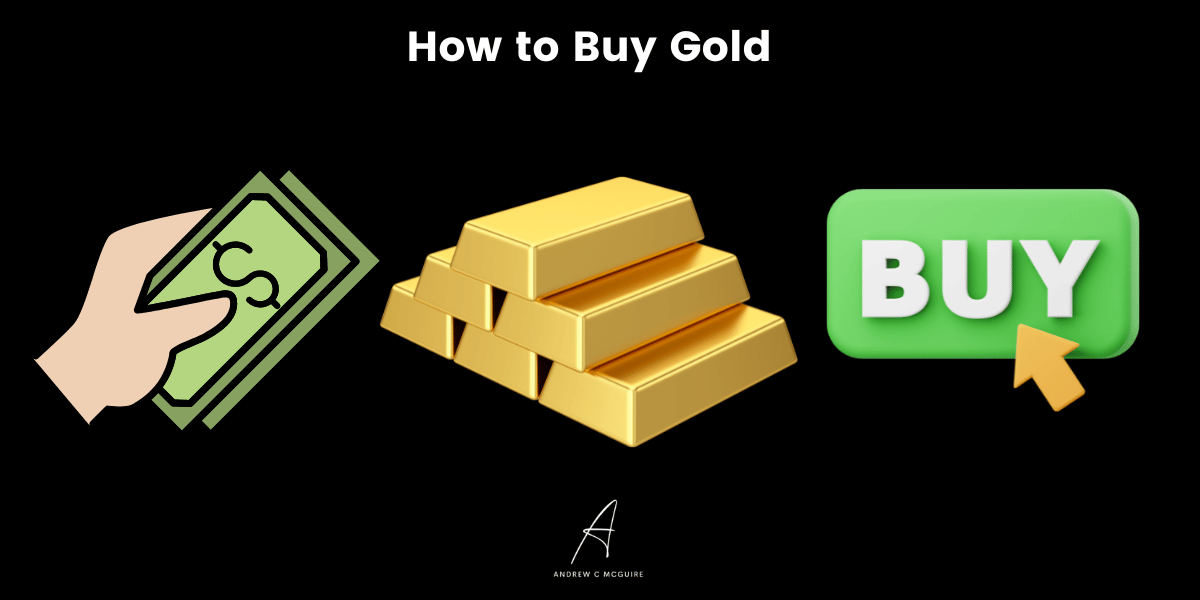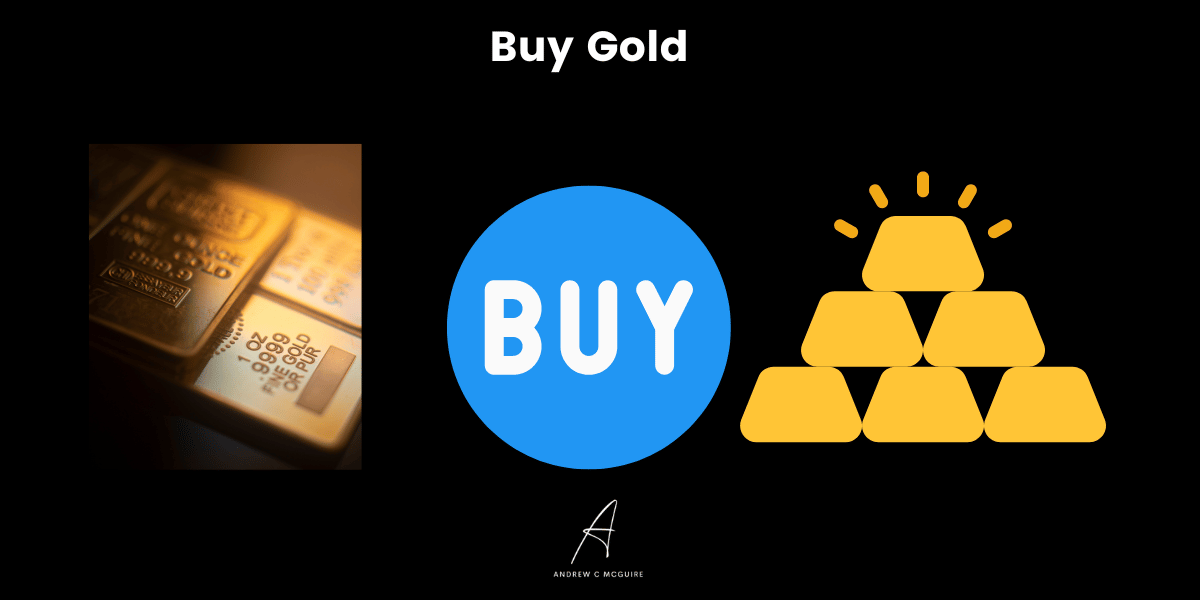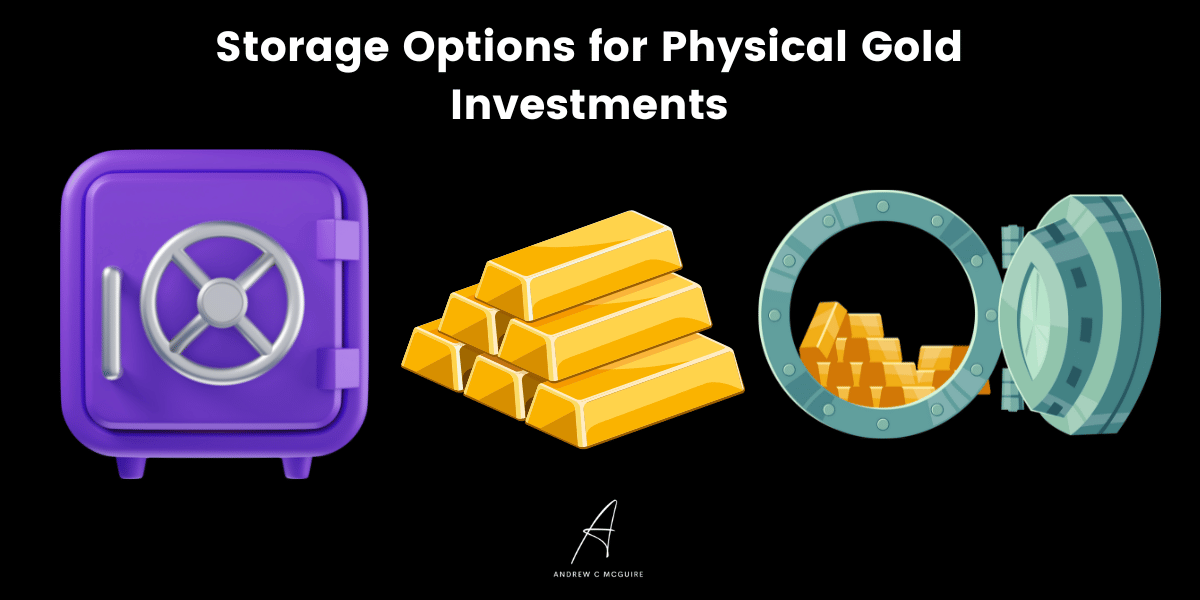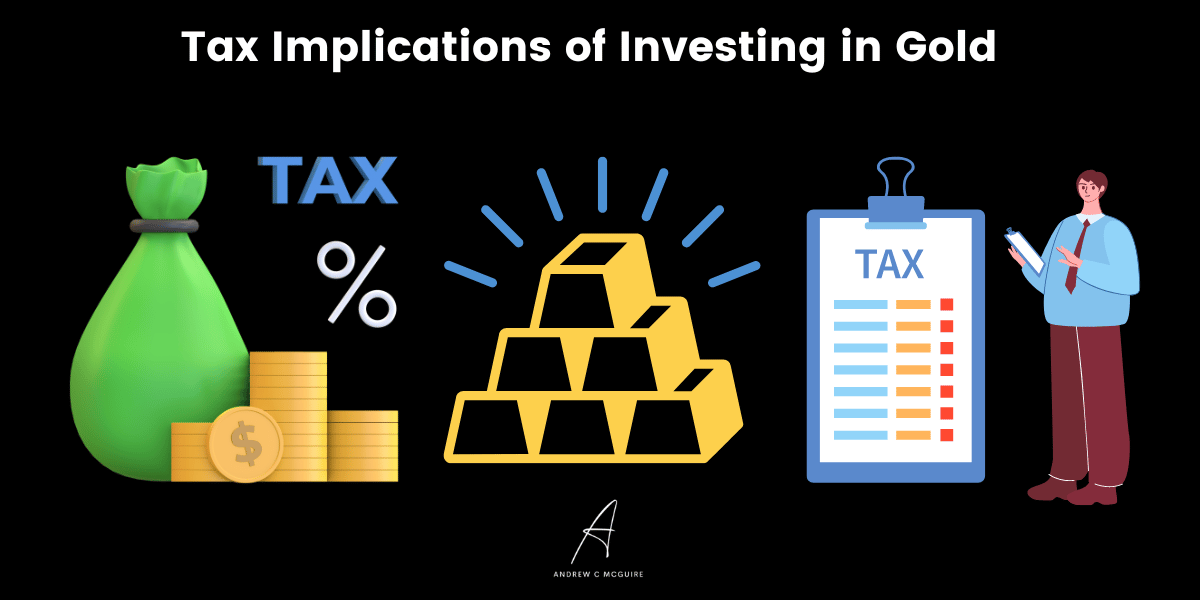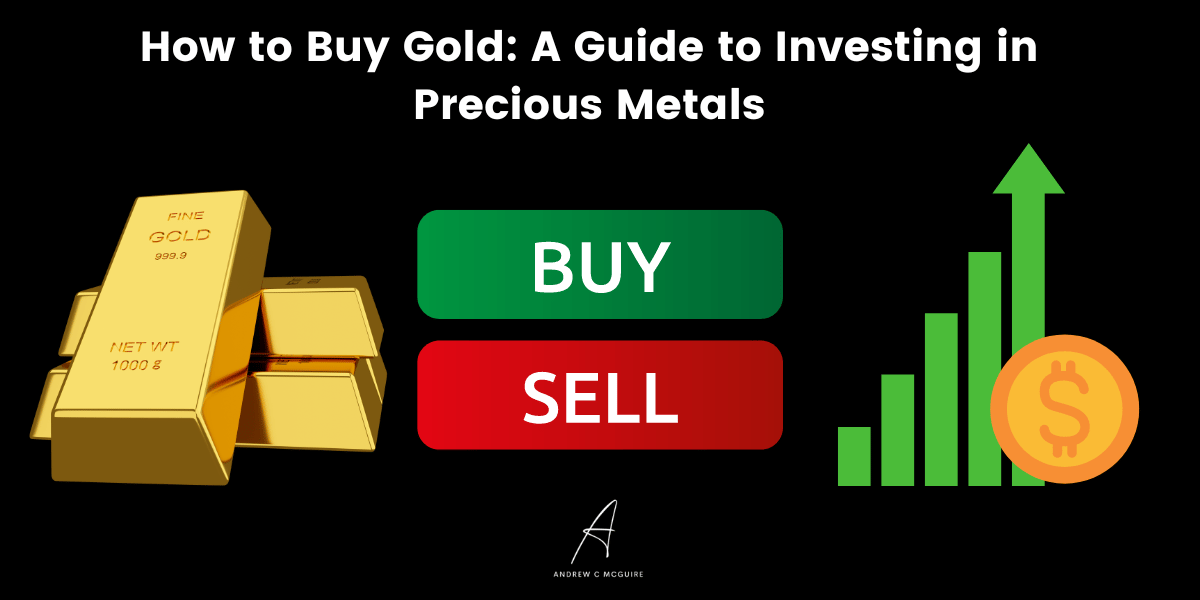Investing in gold is a great way to protect and grow your wealth. Whether you’re looking for short-term profits or long-term financial security, buying gold can be an excellent choice for investors of all levels, whether you are a newbie or have been investing for decades. However, one important factor for the success or otherwise of your gold investment portfolio is the gold investment company that you choose to deal with. Whether you want to buy physical gold, pure gold jewelry, or gold futures, gold ETFs, gold bars, or gold stocks, my #1 recommendation is Augusta Precious Metals.
- Money magazine’s “Best Overall” Gold IRA Company in 2022
- Quarterback Joe Montana and his financial team chose Augusta
- Zero fees for up to 10 years — every customer qualifies
- Investopedia’s “Most Transparent” Gold IRA Company in 2022
- Free guides on how to avoid gimmicks & high-pressure tactics used by gold IRA companies
We earn a commission if you make a purchase, at no additional cost to you.
With so many options available when it comes to investing in gold, from physical bullion coins and bars to exchange-traded funds (ETFs), there’s something out there that meets the needs of any investor. In this blog post, we’ll explore the benefits of buying gold, the different types of investments available, how to buy it safely and securely, as well as its tax implications – everything you need to know before making your decision about whether or not to invest in this precious metal. Listen to quarterback Joe Montana share his experience with Augusta Precious Metals and why his financial advisors believe that the precious metal company is the best of all the gold mining companies out there. So if you’re ready to launch into the world of golden opportunities with confidence – read on.
[presto_player id=4770]
How to Buy Gold
Researching the market and choosing a reputable dealer or brokerage firm is essential when buying gold. Before investing, investors should read reviews of dealers and brokers to ensure they are reliable and trustworthy. It’s also important to consider the fees associated with each broker, as well as any additional taxes or costs that may be incurred when making a purchase.
Determining your investment goals and budget is key before buying gold. Investors should decide how much money they want to invest in gold, what type of gold they want to buy (e.g., coins, bars), how long they plan on holding it for, etc. Once these questions have been answered, investors can then move forward with their purchase decision more confidently.
When considering the different forms of gold investments available, such as physical bullion and coins, Exchange Traded Funds (ETFs), Precious Metals IRAs (Individual Retirement Accounts), or mining stocks/mutual funds, it is important to understand the advantages and disadvantages of each option before deciding which one best suits your needs. Physical bullion provides tangible assets but requires storage space; ETFs offer convenient access but come with higher fees; Precious Metals IRAs provide tax benefits but require an initial minimum deposit; while mining stocks/mutual funds allow for portfolio diversification yet come with greater risk due to stock market volatility.
Understanding all the fees associated with buying gold is critical for successful investing in this asset class. Investors need to factor in commission charges from their broker or dealer along with other applicable taxes, such as capital gains tax, if selling physical assets later on down the line. Additionally, some dealers charge shipping costs for the delivery of physical goods, so make sure you ask about this prior to making a purchase.
Buying gold can be a great way to diversify your portfolio and protect your wealth. Now that you know the process of buying gold, let’s look at some storage options for physical gold investments.
Key Takeaway:
Buying gold requires research and due diligence to find a reputable dealer or brokerage firm. Consider your investment goals, budget, type of gold, and associated fees before investing in any form of gold.
Storage Options for Physical Gold Investments
When investing in physical gold bullion or coins, it is important to consider storage options.
1
Home Storage
Home storage solutions are the most cost-effective and convenient option for many investors. These can include a home safe, fireproof lockbox or other secure location that offers protection from theft and damage. However, these solutions may not provide adequate security against natural disasters such as floods or fires.
2
Bank Vault
Bank vaults offer more comprehensive security than home storage solutions but come with additional costs and potential risks associated with storing your gold at a financial institution. Bank vaults typically have 24/7 surveillance and multiple layers of security to protect your investments from theft or damage due to natural disasters. However, banks also charge fees for vault services which can add up over time if you choose this option for long-term storage of your gold investments.
3
Third-Party Storage Facility
Third-party storage facilities are another popular choice among investors looking for secure options when buying physical gold bullion or coins. These facilities offer professional vaulting services that provide maximum security against theft and natural disasters while also offering competitive rates compared to bank vaults. Additionally, some third-party storage facilities even offer insurance coverage on stored items so that you can rest assured knowing your investments are protected in case of an unforeseen event, such as a flood or fire damaging the facility itself.
Key Takeaway:
Physical gold investments require secure storage solutions, such as home storage, bank vaults, or third-party facilities. Knowing the various options available is important when considering investing in gold. Next, we will discuss the tax implications of investing in gold.
Tax Implications of Investing in Gold
1
Capital Gains Tax on Profits from Selling Gold:
When you sell physical gold or coins, such as bullion bars or coins, you may have to pay capital gains tax on any profits made from the sale. The amount of tax owed depends on several factors, including whether the asset was held for more than 12 months (long-term) or less than 12 months (short-term). Long-term capital profits are taxed at a lower rate than short-term capital gains, so it pays to hold onto assets longer if possible. Additionally, if you buy back an asset within 30 days after selling it then no capital gain is due since this would be considered a “wash sale” under IRS rules.
2
Gold IRA Tax
Investing in precious metals through an IRA account can provide some additional tax advantages compared to other types of investments. For instance, contributions made into an IRA may be eligible for deductions depending on one’s income level and filing status; this could potentially result in a reduction of taxable income and lower taxes paid annually. Furthermore, withdrawals taken from a traditional IRA during retirement will not incur any immediate taxation until the funds are used outside of the plan; thus providing investors with greater flexibility when planning their retirement finances since they don’t need to pay taxes upfront upon withdrawal like many other investment accounts require them to do.
Key Takeaway
When investing in gold, it is important to understand the tax implications. Long-term capital profits are taxed at a lower rate than short-term capital gains, and buying back an asset within one month of selling it can avoid taxation altogether. Investing in precious metals through an IRA may also provide additional tax advantages such as deductions on contributions and no immediate taxation upon withdrawal during retirement.
Conclusion
There are many different types of gold investments available, from physical gold coins and bars to ETFs and other paper assets. When you decide to buy gold, it is important to consider the storage options for physical investments as well as the tax implications associated with such an investment. Ultimately, investing in gold can be a wise decision if done correctly. With careful research and due diligence on the part of the investor, buying gold can be a safe and secure way to invest in precious metals.
FAQs
Andrew’s Gold IRA Pick
Augusta Precious Metals is the most trusted gold IRA company


